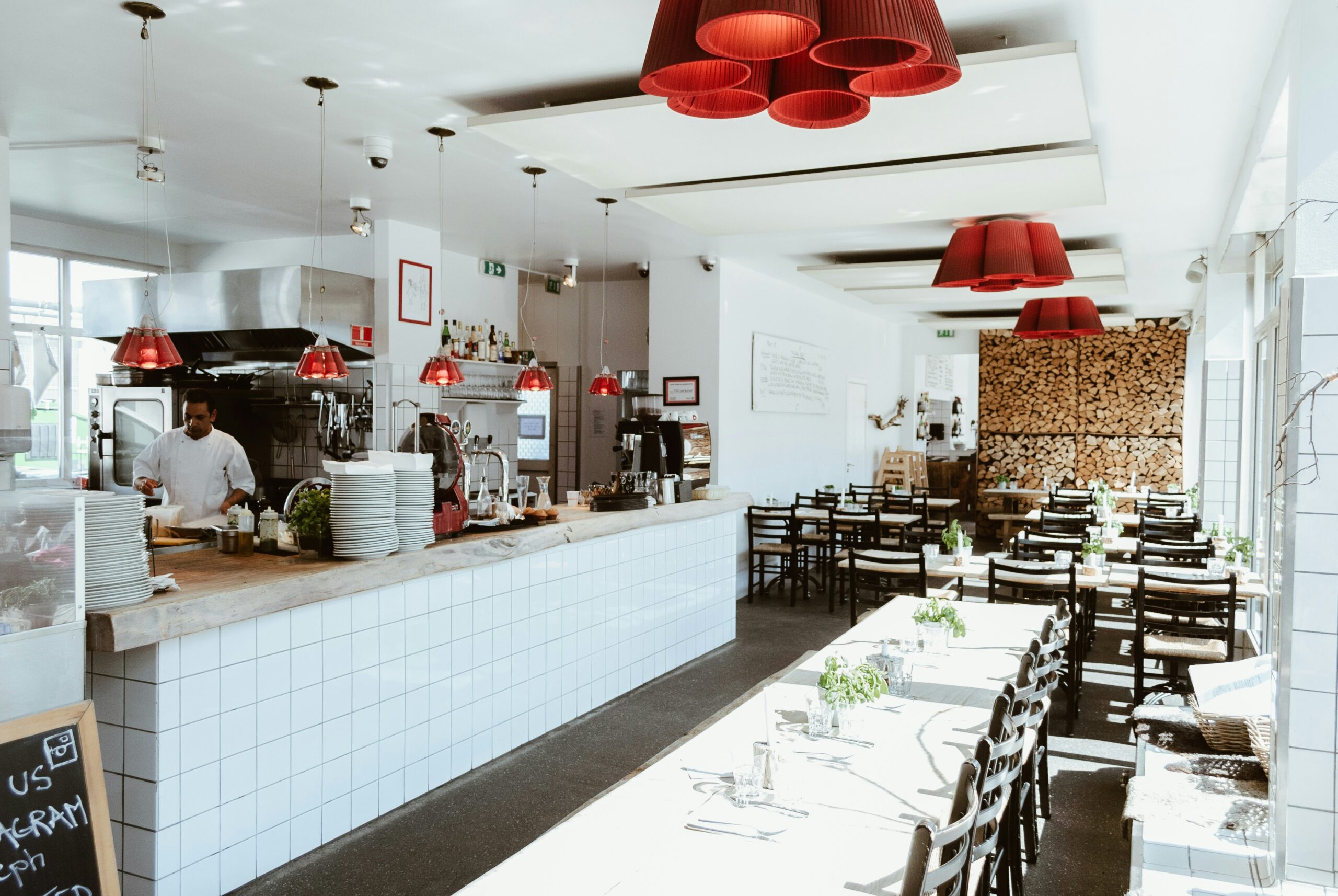In animated films, such as ‘Cars’, ‘Brother Bear’, ‘Terkel in Trouble’, and many others, Jutland dialects are almost always used for the voices of characters that measure up a bit short, while heroes invariably speak standard Danish.
The hero of ‘CarsÂ’, for example, is Lightning McQueen – a speedy, red sport scar who speaks ‘standard DanishÂ’ – basically the Danish spoken in Copenhagen. His best friend Tow Mater – named Bumle, or ‘rumbleÂ’, in the Danish version – is a none-too-intelligent, rust-covered tow truck, with a prominent overbite. He speaks a dialect from the Jutland region of Denmark.
Jutland is Denmark’s mostly-rural mainland region, a peninsula bordered by Germany to the south and separated by water from the capital region of Zealand. The unemployment rate in Jutland is historically higher than in Zealand, while average incomes and primary school grades are significantly lower – factors which contribute to a swath of western and southern Jutland being nicknamed – by Zealanders presumably – “the rotten banana”.
“Jutland dialects are used to portray character types that are naive,” Pia Quist, a dialect researcher from the University of Copenhagen, told public broadcaster DR.
“It is very rare to find a character that is meant to be taken seriously speaking a dialect because we have an ingrained assumption in Danish culture that dialects are something we’re supposed to laugh at,” she added.
ChildrenÂ’s films and programs help to propagate that assumption, and that is a problem, according to Quist.
“Children all over the country are exposed to dialects through animated films, and the message is that we’re supposed to laugh at [characters who speak dialects], then children learn from a very young age that people with dialects are not to be taken seriously.”
Quist worries that stereotyping people who speak dialects as anti-heroes or fools leads to prejudice and threatens the survival of Danish dialects.
“Laughing at people who speak dialects is one of the most effective dialect-killers out there. It is clear that if a person’s language is used by the media as something that is amusing, they hurry to get rid of it so they will be taken seriously,” said Quist.
She said research shows that young people all over Denmark look down on dialects, including their own.
“These attitudes come from somewhere, and I think that the media and animated films play a role in that.”
But Lars Thiesgaard, a dialog instructor for animated films disagrees that the way dialects are used in films is a problem.
”In ‘Cars’, for example, we can agree that Lightning McQueen is the hero, but I know a lot of people who say that Tow Mater is the hero because he puts good friendships first and is down to earth. I think that dialects signal charm and warmth, and some things that are maybe a little bit closer to what the story is finally about. That is a gift to dialects.”
Thiesgaard, who makes his living by finding the right voices and dialects for animated films, has worked on films such as ‘Up’, ‘Toy Story 3’ and ’How to Train Your Dragon’, acknowledges however that Jutland dialects could be put to more diverse use in films.
“I think that we could easily spread them out more than we do today. Some times I also dream about doing an animation where the leading character speaks a dialect. That could be fun and interesting. Or one where everybody comes from South Jutland, for example.”
See related stories
Website puts dialects on the map















